A child's emotional health is equally important as their physical health. It shapes how they think, feel, and act as they grow. When a child is mentally healthy, they manage stress well, build positive relationships, and find joy in everyday life. Good mental health means feeling good about oneself, feeling secure, and effectively handling everyday challenges. Supporting a child's mental well-being is important for their growth into happy and confident adults. This is where child mental health services come into the picture.
In this blog, we'll explore important areas of child mental health. We'll begin by looking into the mental health and its function. Also, we’ll look at common mental disorders that children may face and how parents, schools, and mental health experts can assist a child's mental health. So, let’s get started -
How to Understand Child Mental Health?
A child’s mental health is essential for ensuring their overall well-being. It involves more than just noticing if they are happy or sad. It’s about observing how they manage everyday challenges, interact with others, and reach important milestones.
-
Functioning Across Settings
The ability of a child to function successfully at home, school, and in their surrounding is an important sign of their mental health. A stable mental state is when a child connects with family members, performs well in academic settings, sleeps on time, and interacts with classmates just like they should. -
Developmental and Emotional Milestones
These milestones include learning to control emotions, developing self-esteem, and mastering age-appropriate social and cognitive skills. Moreover, it demonstrates that a child is developing healthily and acquiring the skills required for future growth. -
Social Skills and Coping Mechanisms
Children should learn to form relationships, communicate well, and deal with stress in productive ways. These abilities allow individuals to deal with life's ups and downs more efficiently.
Parents, teachers, and care givers can gain a better knowledge of their child's mental health through the above-mentioned points. They can then provide the necessary support for a balanced existence.
What is Childhood Mental Disorders?
Childhood mental disorders are conditions that affect a child's emotions, behavior, and thinking. They can make it difficult for kids to learn, get along with others, or manage their feelings. If not addressed, they can significantly affect a child’s overall development. Long time issues might lead to problems such as difficulty focusing, mood swings, or struggles with anger management. Early intervention is crucial to help children cope better and support their healthy growth and development.
Mental Health is More Than Simply the Absence of Disorders
Mental health is a combination of emotional and psychological well-being. It's about finding happiness and living a balanced life. Even children without diagnosed mental conditions can still struggle with coping, daily stress, and experience sadness. It is important to notice these signs early on and stop it from becoming dominant.
Common Childhood Mental Disorders
Common childhood mental disorders include a range of conditions that can affect a child’s thinking, behaviour, and emotions. Some of the most frequently diagnosed disorders are Attention-Deficit/Hyperactivity Disorder (ADHD), anxiety disorders, and behaviour disorders.
- ADHD (Attention-Deficit/Hyperactivity Disorder): ADHD is a condition that makes it difficult for children to focus or control their impulses. They might be easily distracted, often forget things, and act indifferent in a situation where they are expected to behave in a certain way.
- Anxiety: When a child feels frightened or scared in a non-threatening situation, it may indicate that he is anxious. Anxiety can cause individuals to avoid certain situations, become restless, or have difficulty sleeping.
- Depression: Depression is not just feeling low. It can cause a child to lose interest, experience negative thoughts, and have difficulty eating and sleeping.
- Autism Spectrum Disorder - ASD: It is a developmental disorder that affects how children communicate and experience the world. It can cause trouble with social interactions and a child can also show repetitive behaviors.
While it's normal for kids to sometimes experience these issues, ongoing problems might point towards a mental health disorder. To help children get the right support, it's important to recognize and understand these issues early. In this way, childhood mental health care system can assist them in developing healthy ways to cope and provide the necessary support and intervention.
In addition, there are various problems that affect a child's mental health. Learning and developmental disorders, such as dyslexia, can provide difficulties in academic and social situations. Autism Spectrum Disorder (ASD) impairs speech and behaviour, necessitating specialised care. Substance abuse and self-harm are important concerns that can arise during childhood or teenage years, indicating underlying mental health disorders that require attention.
Symptoms of Childhood Mental Disorders
The symptoms of childhood mental disorders can evolve as a child grows, often becoming more noticeable during the school years or in their teenage years. The following are some typical signs that a child might experience:
- Difficulty staying focused especially in a classroom and during an interaction
- Trouble controlling actions that might lead to fights
- Restlessness in everyday activities
- Excessive movement in a situation where it is not required
- Worry or fear about everyday situations
- Avoidance of certain places or activities
- Racing heart, sweating, or stomach aches
- Constantly feelings sad without any reason
- Loss of interest in playful activities
- Changes in sleep patterns
- Changes in appetite
- Difficulty with social interactions
- Trouble speaking in front of the peers
- Aggressive behaviour
- Lying and stealing
- Disregard for others’ feelings and rights
Recognizing these symptoms early can help in getting the right support and intervention, which is essential for a child's well-being and development.
What We Can Do to Support Child Mental Health
It takes a team approach to support children's mental health, including parents, youths, doctors, and educators.
Parents should try and keep the communication open. Encourage your child to speak their minds without the fear of judgement. This will help them feel safe and secure. Moreover, make it a point to discuss what is going on with your child in school and with their friends. If they tell you about a feeling that you think is not right, do not punish them but rather, show them the ways to handle stress and emotions. Use an example from when you were their age and something similar happened to you. They will relate to it and try to do exactly what you did. Furthermore, promote healthy lifestyle, make your child understand the importance of physical activity, sleeping on time and having a balanced diet. If you notice signs that are concerning, consult with a medical professional.
Youth: If you are having difficulty communicating with your parents, you can always reach out to a trusted family member. Also, you should engage in things that you enjoy and that will help you relax. Talk to elders and learn how to properly manage stress and emotions. Always surround yourself with friends and adults who can provide support and guidance.
Teachers should create a supportive classroom environment where every student feels valued and respected. Recognize warning signs like extreme change in behaviour, mood, and academic performances. Talk to your student and tell them about the importance and signs of mental health. Also, teach them the techniques to manage stress. Moreover, a teacher should work together with parents and mental health professionals to support students who may be struggling.
Medical Staff should conduct regular tests for any signs of mental health problems. If you suspect that something is wrong with the child, make sure to provide parents with clear information about treatment options and resources that can help prevent the problem from worsening. You can always choose to offer assistance and counselling as and when needed.
Parents, youth, teachers, and medical staff can create a supportive environment that helps children excel emotionally and mentally.
Conclusion
Child mental health services play a crucial role in supporting children as they grow and develop emotionally and mentally. These services help children get back on track and lay a strong foundation for their future. Supporting a child’s mental health is a team effort, involving parents, teachers, children, and medical staff working together to provide the best care and support.
Read More: Stress and Depression Among Medical Students in India
What Our Research Says About: Community stakeholders' perspectives on youth mental health in India: Problems, challenges and recommendations
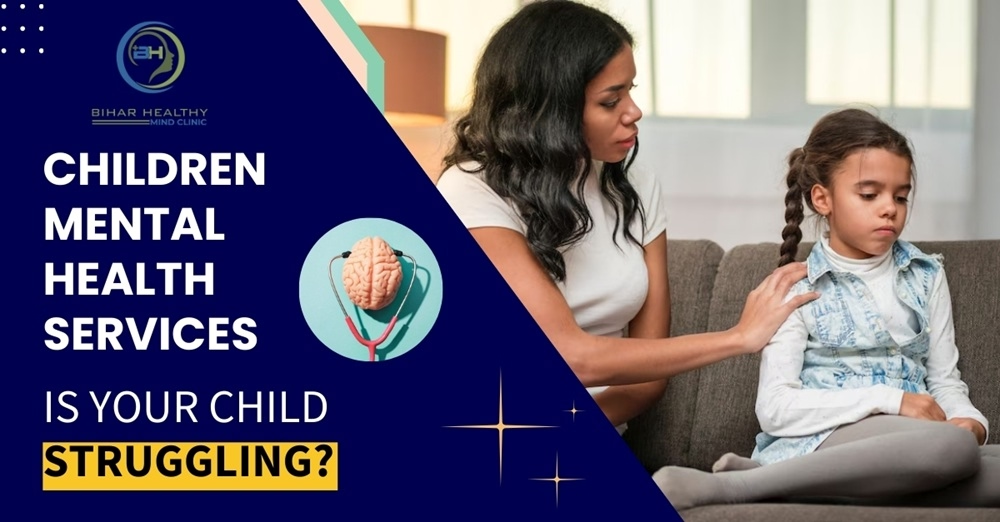
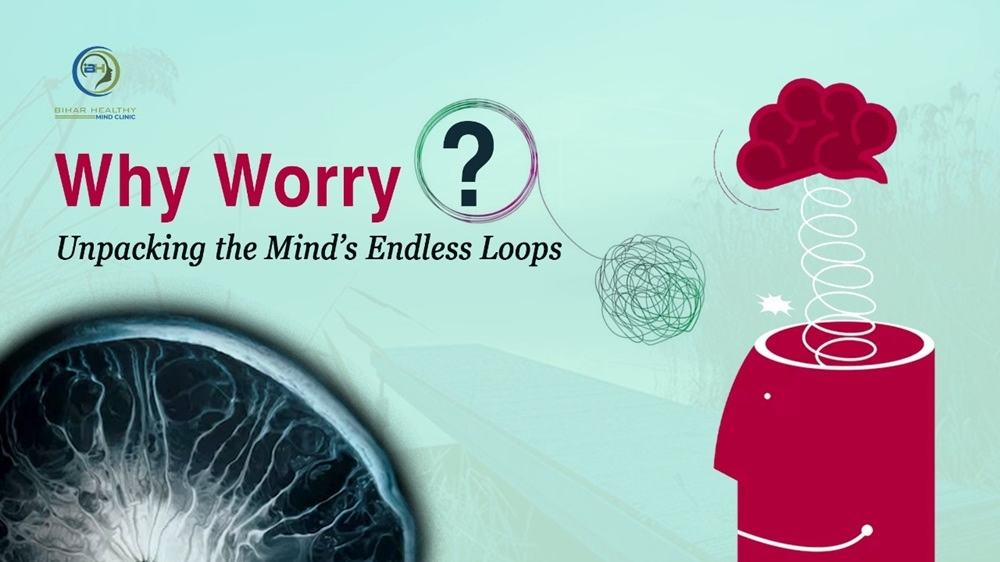
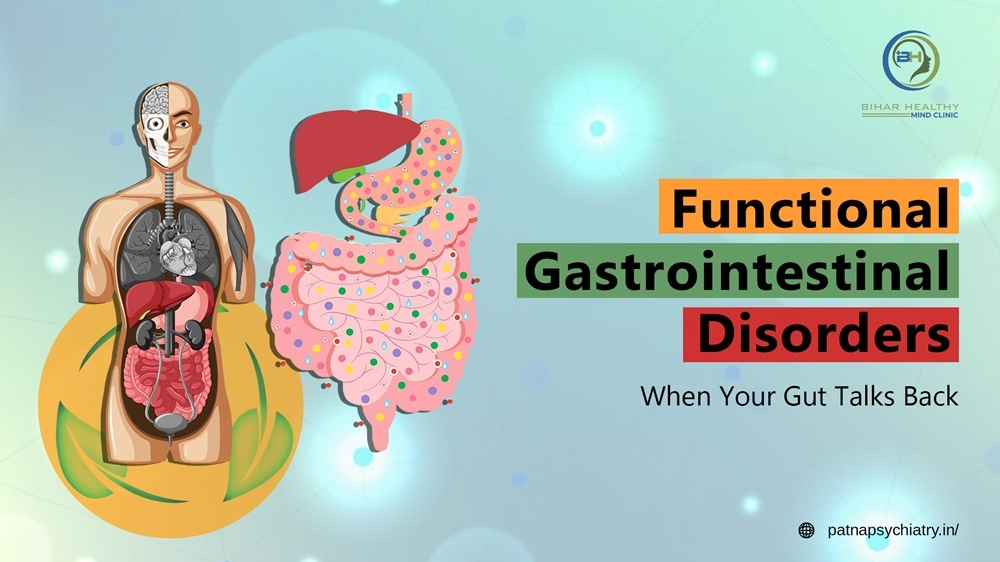
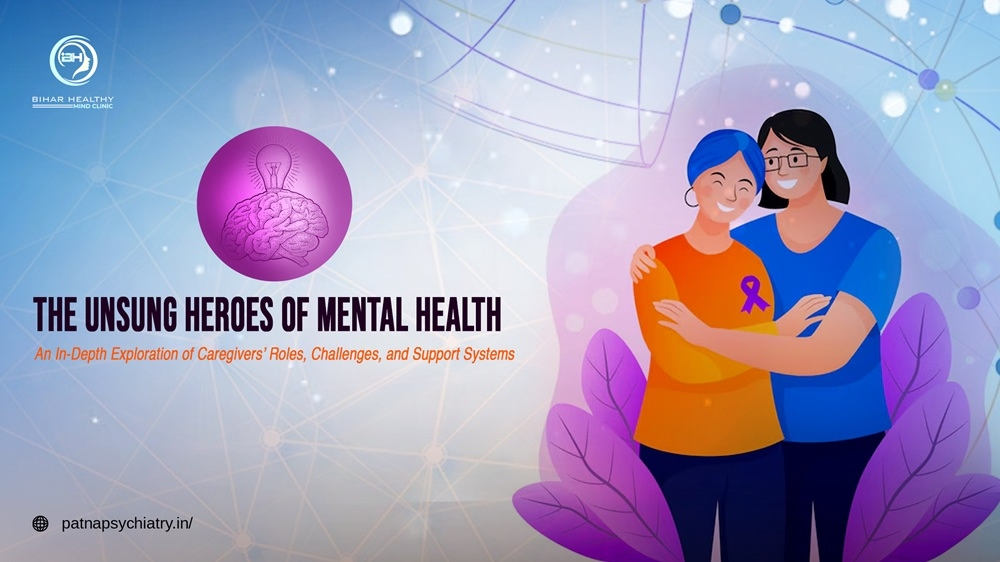
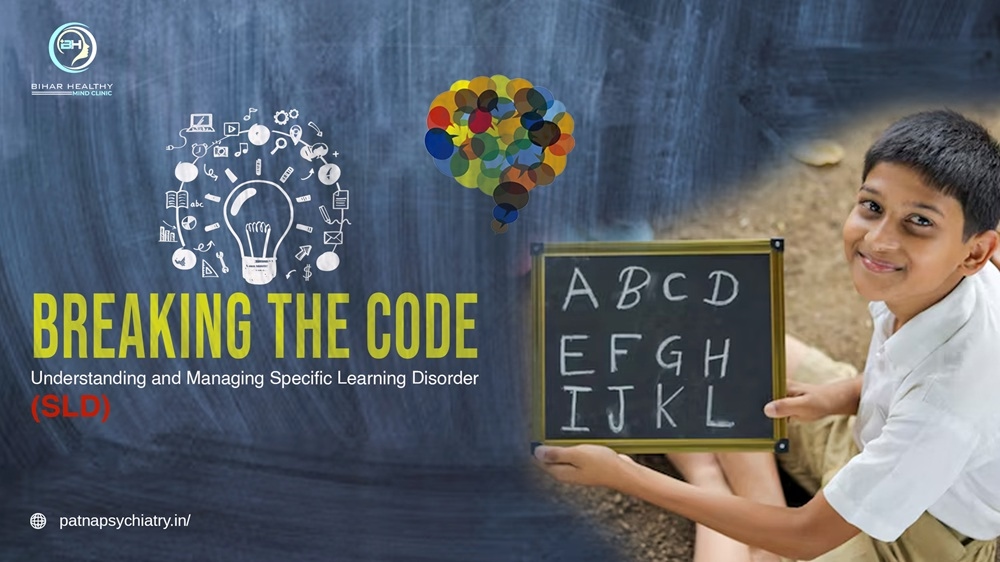
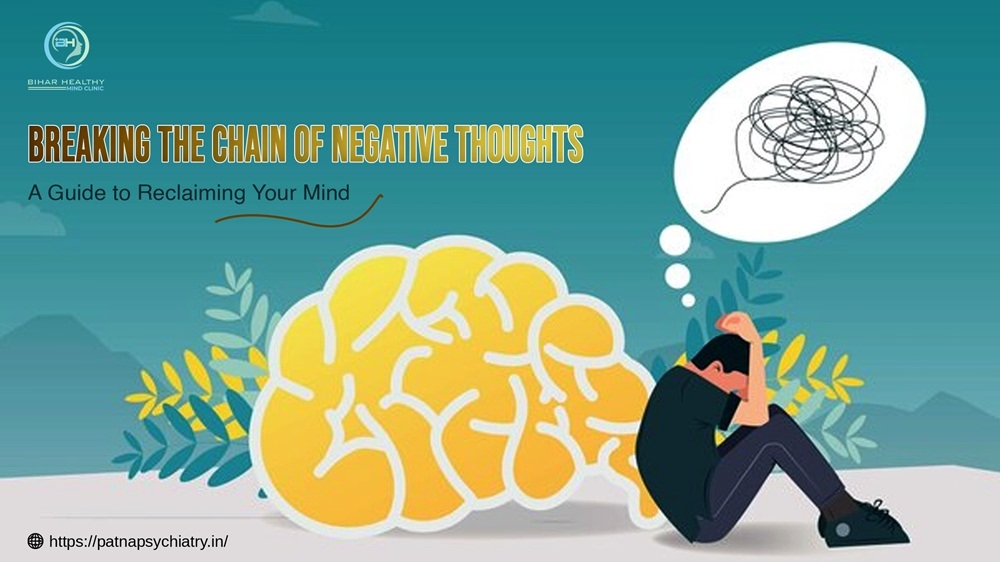
There has been a surge in mental health concerns in children. Be it developmental delay or maladaptive behaviours. The need of the hour is a comprehensive program addressing these concerns and supporting children to create a balance between new age influences and appropriate development.
Child Mental Health Services